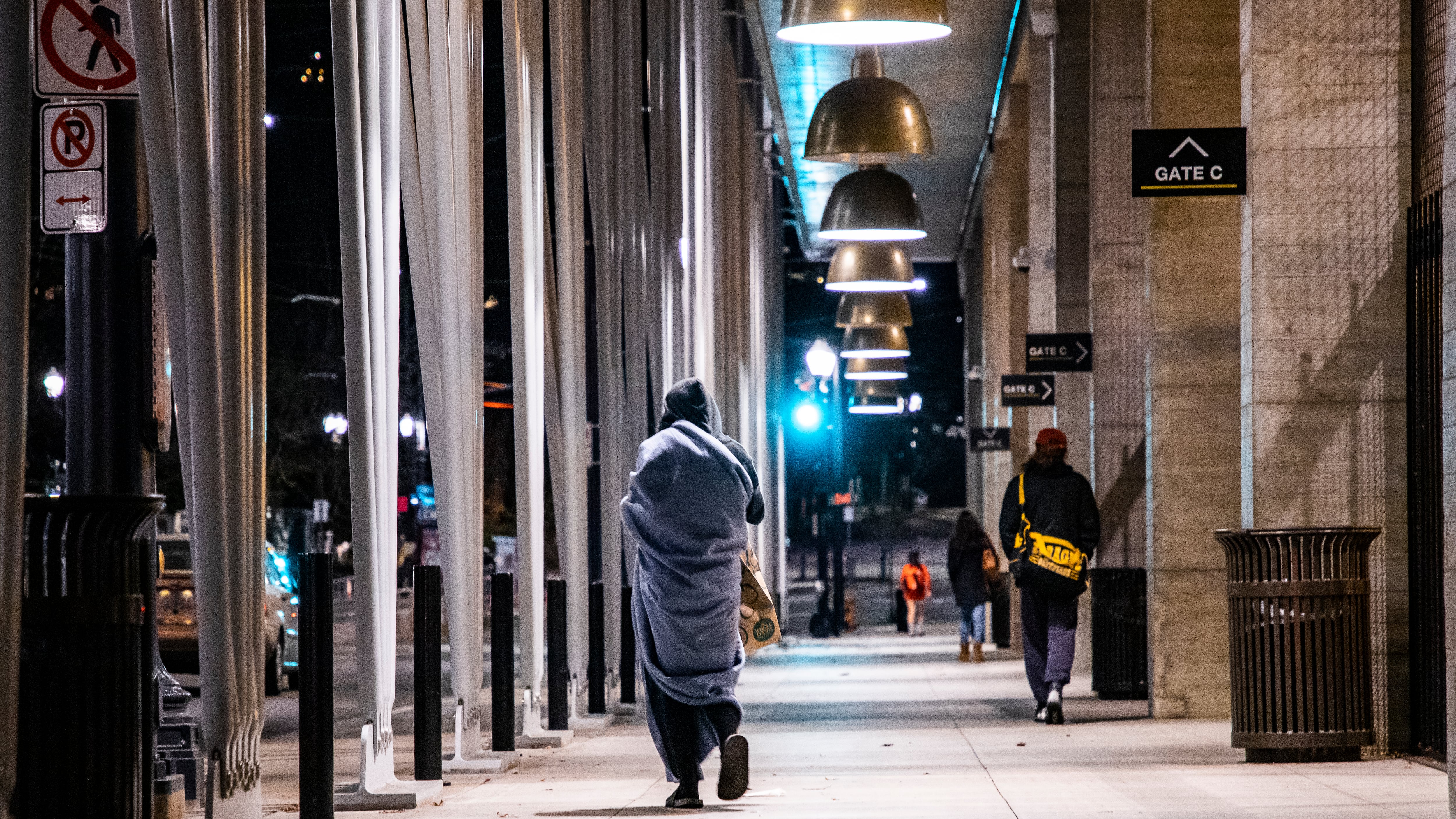Metro is moving toward crunch time on the potential extension and revamping of the supportive housing services tax voters passed in 2020. The tax is due to sunset in 2030 and the regional government has been working toward crafting and extension for most of this year.
New polling Metro commissioned and results of which WW obtained through a public records request show the plan faces a skeptical electorate.
“Just two in five support the Supportive Housing Services program in its current form—with a large subgroup skeptical that it is being implemented as described,” pollsters at FM3 Research wrote in a Dec. 4 memo. “The persistence of homelessness as a top-ranking concern in the region underscores voters’ sense that little progress has been made on this issue.”
The good news on the measure is that it has generated substantially more cash so far than number-crunchers had forecast: nearly $100 million more a year from a tax on corporations and upper-income residents than the $250 million Metro anticipated.
The bad news: Although the three counties receiving the money regularly produce sunny assessments of their progress, the number of tents and homeless camps across the region suggest results are less than the public wants. Pollsters found support is weak for simply extending the duration of the tax without making further changes.
“Voters were asked whether they supported or opposed a range of potential elements that could be part of a measure to extend and reform the SHS tax. ‘Extending the existing supportive housing services taxes and programs for 20 years, beyond their current expiration in 2031,’ was the least popular, with 48% supportive and 45% opposed,” pollsters wrote.
Metro, which administers the tax, has brokered a tentative agreement between the Portland Metro Chamber and HereTogether, which represents many of the larger nonprofits that receive SHS funding.
That agreement would extend the sunset to 2050 in exchange for a gradual lowering of the tax rate on individuals from 1% to 0.75%; indexing the threshold for personal taxes (currently $125,000 for individuals or $200,000 for joint filers) to inflation; providing significantly stiffer oversight; and allocating money beyond the amount originally forecast to the purchase or development of new housing.
The counties don’t much like Metro’s ideas, except for the extension. Another group of nonprofit providers, Welcome Home, have urged Metro not to cut the tax and to try to make the measure permanent or least extend it by more than 20 years.
Polling shows voters are most enthusiastic about detailed spending disclosures, independent audits, and setting measurable goals for progress. All of those elements of a possible May ballot measure polled above 80%. Reducing the tax scored a far lower favorability number (54%) and simply extending the measure by 20 years with no changes even lower still (48%).
Metro hopes to decide which of several tweaks to include in a referral by the end of this month and then finalize in January what it will send to voters for the May ballot.
The rule of thumb for ballot measures is that to have a strong likelihood of success, they should start out with favorability greater than 60%. When pollsters included the elements voters like best and added a positive message to the proposal, it reached 56%—far from a sure thing.
“Because most voters are skeptical of progress on homelessness in the region, so far, success is contingent on the inclusion of reforms to program administration and oversight,” the pollsters concluded.

